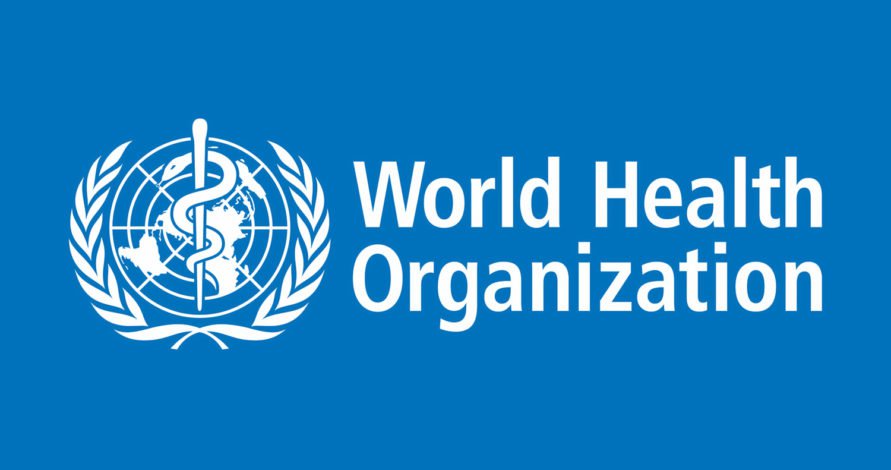Antibiotic resistant endangers health security – WHO
The World Health Organisation (WHO) has called on the Nigerian government to create awareness on the danger of antibiotic resistant, saying it has endangered health security and the progress towards universal health coverage for all. WHO Regional Director for Africa, Dr Matshidiso Moeti, at a press briefing in Abuja said, the Antimicrobial Resistance (AMR) reduces […]

The World Health Organisation (WHO) has called on the Nigerian government to create awareness on the danger of antibiotic resistant, saying it has endangered health security and the progress towards universal health coverage for all.
WHO Regional Director for Africa, Dr Matshidiso Moeti, at a press briefing in Abuja said, the Antimicrobial Resistance (AMR) reduces our ability to treat diseases such as pneumonia, tuberculosis, gonorrhoea and cancer and also threatens our ability to conduct surgeries and care for premature babies.
He said the awareness is to improve understanding in the African Region and globally of AMR.
He added that this silent pandemic is already leading to 700,000 deaths worldwide each year, noting that if left unchecked, AMR could cause up to 10 million deaths annually by 2050.
People living in developing countries and those in fragile contexts, affected by conflict and violence, are particularly vulnerable, he said.
Dr Matshidiso noted that the “misuse of antibiotics has puts us all at risk,” and urged everyone to do more to handle antibiotics with care.
He said that governments can adequately budget resource for national action plans, promote AMR governance, facilitate multi-sectoral collaboration, and increase access to clean water and sanitation.
“Patients should only use antibiotics prescribed by a certified health professional and not practice self-prescription or employ on the counter use of medication.”
He also enjoined all health workers to always follow infection prevention and control practices, and only prescribe and dispense antibiotics when they are truly needed.
“We are seeing high resistance to common pathogens such as 98% fluoroquinolone-resistant Escherichia coli, meaning there are limited treatment options for people that get this infection.
“Key challenges in combating AMR include: weak regulatory systems facilitating proliferation of substandard and falsified medicines; limited implementation of standards for clean water, sanitation and hygiene, and to prevent and control infections; and a lack of reliable data.
“WHO and partners are working with countries to address these challenges by implementing “One Health” national action plans.
“These plans bring together different sectors and disciplines to build stronger regulatory systems, to improve surveillance, and to develop policies to promote appropriate antibiotic use among humans, and in livestock and agriculture,” he noted.
